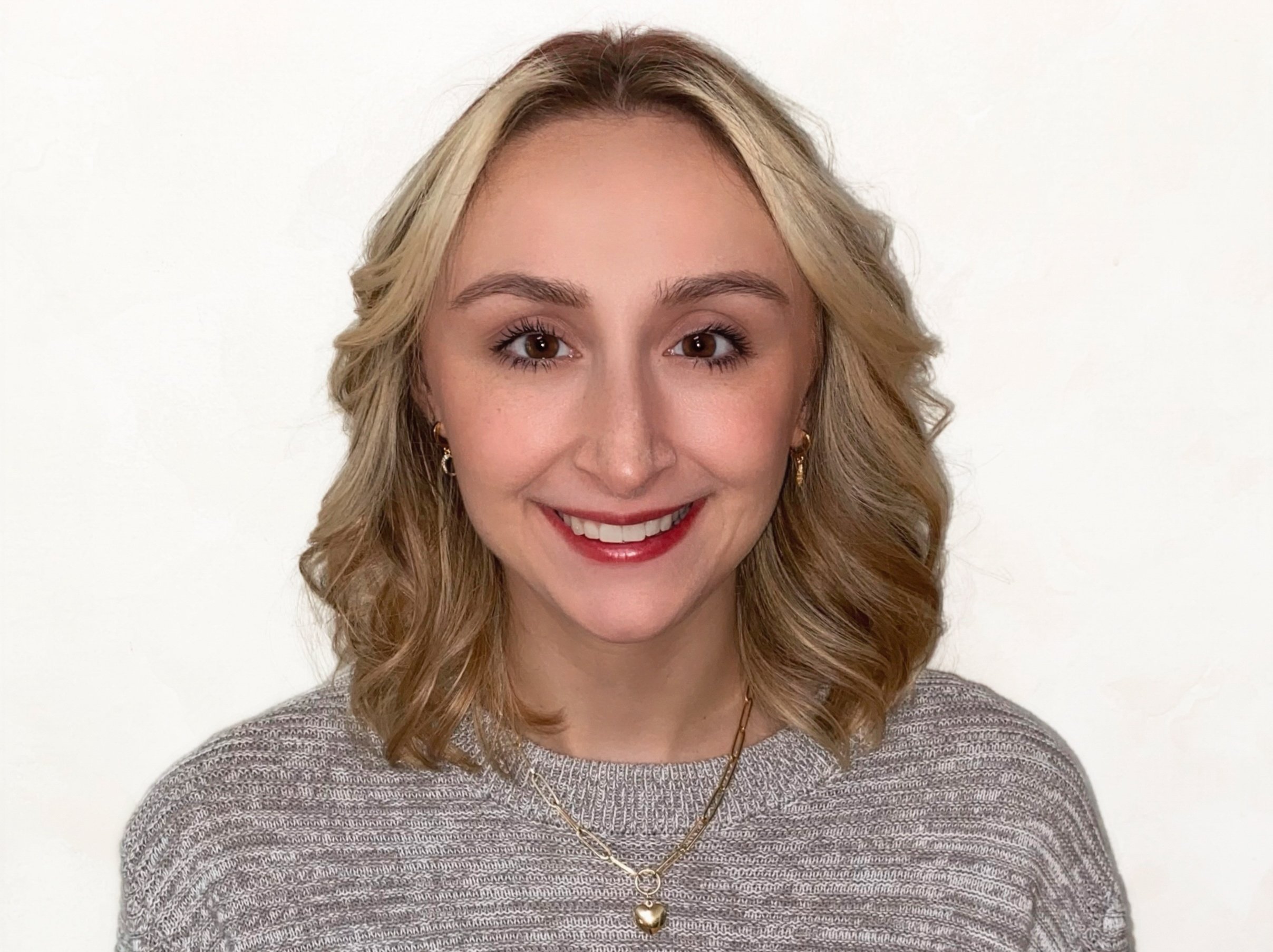
A boutique psychotherapy practice offering accessible, high-quality care.
Find a Licensed Therapist in New York
We offer high-quality, accessible mental healthcare and a seamless therapy experience for individuals, couples, and families. We accept many insurance plans and will meet your needs virtually or in person.
Providing you with a safe space to relax
At LSP, all your in-person appointments will take place in our soothing office environment with private rooms, complimentary beverages, and individualized counseling services and couples therapy.
In-person and Virtual Therapy
Our office is conveniently located in Manhattan, steps from Columbus Circle near Lincoln Square. Can’t make it into the office? No worries – LSP has you covered with Telehealth (virtual therapy). Are you looking to resolve life transitions with a professional counselor? Lincoln Square Psychotherapy is an excellent place for your psychotherapy services. Find a NYC psychotherapist near me.
Meet Some of the Best Therapists in NYC
"LSP helped me find a therapist that I connected with, aligned with my needs, and was flexible with their scheduling. LSP checks all the boxes.” - LSP Client

How do I know my therapist is a good match at LSP?
Matching with a therapist is essential, but it can also feel daunting. How do you know if someone is a good fit for you? It's helpful to think about it in terms of progress. A good therapist will help you progress in the areas that are important to you. They will help you understand yourself better and support you as you work through difficult experiences. Matching with a therapist at Lincoln Square Psychotherapy is an ongoing process, and it's essential to be open to trying different things until you find what works for you. Don't be afraid to ask for recommendations or speak to multiple therapists before deciding. The most important thing is that you find someone who you feel comfortable with and who supports your journey.
What can I expect to pay for therapy?
The cost of therapy can vary depending on several factors, including the type of therapy, the therapist's experience, and whether or not you have insurance. Individual sessions in NYC can range from $150 to $450 per hour, and couples or family sessions can cost slightly more. LSP offers sliding scale fees based on income, and we accept insurance. Your therapist may be an in-network or out-of-network provider if you have insurance. In-network providers have agreed to accept a lower fee from the insurance company in exchange for more clients, while out-of-network providers can set their own rates. Learn more here.
How long does therapy typically take before I start feeling better?
There is no one answer to this question. Many worry that therapy will take long before they start feeling better. Just a few sessions at LSP can significantly improve happiness and well-being for some people. It may take longer for others to gain insight into their challenges and begin the growth process. Ultimately, the length of therapy depends on various factors, including the severity of the problem, the therapist's approach, and the client's level of motivation. However, with patience and commitment, therapy can be an enriching experience that leads to lasting change.
What does an initial therapy session typically involve?
The first appointment in psychotherapy at Lincoln Square Psychotherapy, often referred to as an intake session or initial assessment, serves several important purposes. While the exact process may vary depending on the therapist's approach and the specific needs of the client, here's a general overview of what a typical first psychotherapy appointment might look like:
Paperwork and administrative tasks: At the beginning of the session, the client is typically asked to complete some paperwork. This may include consent forms, a privacy policy, and a client intake questionnaire. This paperwork helps the therapist gather basic information about the client and ensures that both parties understand the expectations and boundaries of therapy.
Establishing rapport: The therapist will aim to create a comfortable and supportive environment for the client. Building a rapport is crucial to establishing trust and a therapeutic alliance, which is the foundation of effective therapy.
Gathering background information: The therapist will ask the client about their personal history, including family, relationships, education, and work. They may also inquire about the client's reasons for seeking therapy, specific concerns or issues, and what they hope to achieve through treatment.
Current concerns and symptoms: The client can discuss their present emotional, psychological, and physical symptoms or problems. This may include details about their emotional state, stressors, and mental health or behavioral issues.
Goal setting: The therapist and client will work together to establish therapeutic goals and objectives. These goals guide the therapy process and serve as a basis for measuring progress.
Assessment and diagnosis: If applicable, the therapist may conduct a brief psychological assessment better to understand the client's mental and emotional health. This may include asking questions about mood, anxiety, stress, and other psychological symptoms.
Discussing therapy process: The therapist will explain the therapeutic approach they plan to use, the frequency of sessions, and the expected duration of treatment. This discussion will also include confidentiality and the limits to confidentiality and any fees or insurance-related information.
Client questions and concerns: The client will be able to ask questions and express any concerns about therapy or the therapist's approach.
Building a treatment plan: The therapist will collaborate with the client to develop a treatment plan based on the information gathered and established goals. This plan outlines the strategies and interventions that will be used to address the client's concerns and achieve their goals.
Next steps: The therapist and client will discuss the next session and any homework assignments or actions the client can take before the next appointment.
It's important to note that the first session can vary based on the therapist's style, the client's needs, and the therapeutic approach. Some therapists may delve deeper into specific issues during the first session, while others may take a more gradual process. The first session sets the foundation for the therapeutic relationship and helps the therapist and client determine if they are a good fit to work together.
How do I choose the best therapist for me?
Choosing a psychotherapist is important, as the therapeutic relationship is a significant factor in therapy success. Here are some steps to help you choose a psychotherapist who is a good fit for your needs:
Identify your goals and preferences:
Clarify your reasons for seeking therapy and what you hope to achieve.
Consider the therapy or therapeutic approach that aligns with your goals and values—research different approaches, such as cognitive-behavioral therapy, psychodynamic therapy, humanistic therapy, or others.
Seek recommendations:
Ask your primary care physician, friends, family, or colleagues for recommendations. They may be able to suggest therapists they have had positive experiences with.
Utilize online therapist directories, professional organizations, and review websites to find potential therapists.
Check qualifications and credentials:
Verify that the therapist is licensed or certified to practice in your state or country. You can usually check this information through your state's licensing board or professional organization.
Look for therapists with experience and training in the specific areas or issues you want to address.
Consider specialization:
If you have a specific concern or issue, such as depression, anxiety, trauma, or relationship problems, consider therapists specializing in that area. They may have more expertise in addressing your specific needs.
Assess compatibility:
Schedule initial consultations or phone calls with potential therapists. This will allow you to ask questions and understand their personality and approach.
Pay attention to your gut feeling about the therapist. Trust and a good rapport are essential for effective therapy.
Ask questions:
During your initial consultation, ask the therapist about their experience, therapy approach, and treatment plan. Inquire about their availability, fees, and insurance policies.
Clarify any concerns or questions about the therapeutic process, including confidentiality and the therapist's policies on missed appointments or emergencies.
Consider logistics:
Consider practical considerations, such as the therapist's location, office hours, and whether they offer in-person or online sessions.
Discuss fees and payment options to ensure they are affordable and within your budget.
Seek feedback:
If possible, ask for references or speak with former clients of the therapist to gain insights into their experiences and the effectiveness of therapy.
Trust your intuition:
Ultimately, trust your intuition when making your decision. The therapeutic relationship is personal, and feeling comfortable and understood by your therapist is essential.
Remember that trying out a few therapists before making a final decision is okay. The most important factor is finding a therapist with whom you feel a strong connection and who can help you work toward your therapeutic goals. The right therapist can significantly impact your journey toward improved mental health and well-being. Contact us today at Lincoln Square Psychotherapy.
Mental Health Statistics for New York City
Prevalence of Mental Health Conditions:
In 2019, an estimated 18.7% of adults in New York State (which includes New York City) experienced a mental illness in the past year.
Approximately 6.5% of adults in New York State had a serious mental illness in 2019.
Suicide Rates:
In 2019, the age-adjusted suicide rate for New York State was 8.1 per 100,000 population, which was lower than the national average.
NYC-specific suicide rates may vary by borough and demographic factors.
Mental Health Services:
New York City has many mental health services, including public mental health clinics, private practitioners, and community-based organizations.
Impact of the COVID-19 Pandemic:
The COVID-19 pandemic had a significant impact on mental health worldwide, including in New York City. Many residents experienced increased stress, anxiety, and depression due to the pandemic's effects on daily life.
Access to Care:
Access to mental health services and disparities in access can vary by neighborhood and demographic factors in NYC. Some communities may face barriers to accessing care.
Crisis Hotlines:
New York City provides various crisis hotlines and support services for individuals needing immediate mental health assistance, such as NYC 988.
Keep in mind that addressing mental health issues is a complex and evolving challenge, and statistics may change over time as efforts are made to improve mental health services and reduce the stigma associated with seeking help. For the most current and detailed information, feel free to CONTACT LSP.


















